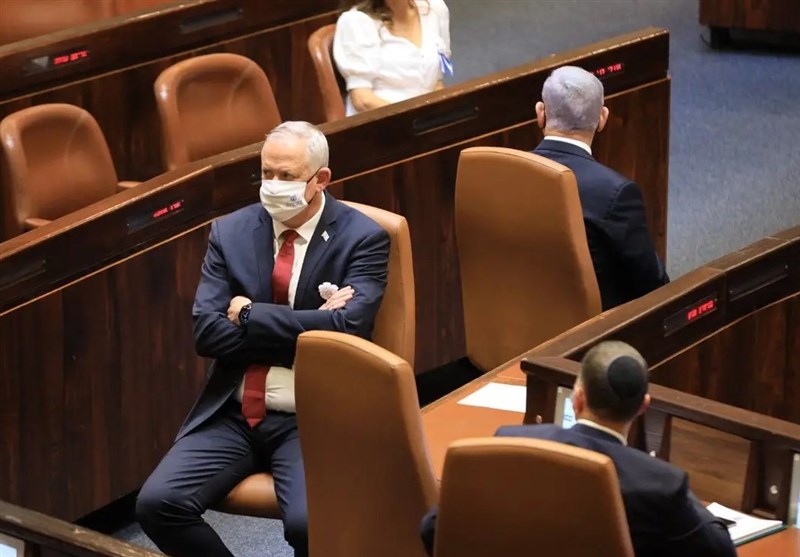Mansour Barati, a researcher on the Zionist regime’s affairs, in an interview with the website of the Strategic Council on Foreign Relations, said: The first week of the war in the Zionist regime, a war cabinet was formed with only three members, including Benjamin Netanyahu, Yoav Galant, Minister of War, and Benny Gantz, who was not a member in the previous cabinet and was a member of the opposition.
He added: Since all the decisions are made by those three and the management of the war is with them, some opposition has been formed there.
According to Barati, people such as Ben-Gvir, Minister of Public Security, and Bezalel Smotrich, Minister of Finance (the second minister of war in the Zionist regime), who are members of the security cabinet, are dissatisfied with the developments since the beginning of the war because they have no impact on the decisions about the war.
The expert continued: Over the past 80 days, they have always insisted that the security cabinet members be able to express their views on the war decisions, but this has not happened. The cabinet makes decisions only with its three members. Also, the extremist right-wing members of the security cabinet opposed the arrival of humanitarian aid to Gaza, saying that the aid should be conditioned to the release of all the Zionist prisoners. However, the war cabinet has allowed humanitarian aid to enter Gaza several times.
Pointing out that the second dispute with the security cabinet was about a temporary ceasefire, Barati explained: The extremist right-wing believed that the ceasefire should not be established because it would directly strengthen Hamas, but the war cabinet, especially Gantz and Galant, said they needed a war break, which happened and has been extended twice. This ceasefire led the extremist right-wing again to oppose the war decisions.
The expert on Zionist regime affairs in continuation said the way the war continues is also the dispute of the Zionist internal factions; on the one hand, the extremist right-wing thinks that the war cabinet wants to reduce the intensity of the war and pursue it in the form of military operations. That is, like what they observed at the beginning of the Russian-Ukraine war, the operations were not widespread. For this reason, they have announced that they are opposed to this decision and want to prevent it from being adopted.
He stressed, But it is unclear how true this is because none of the cabinet members have approved that they want to reduce the war.
Barati explained: Members of the temporary cabinet, pointing out that another temporary ceasefire may be established from the beginning of January, are concerned about it, saying that the ceasefire may be prolonged and continue.
The expert on Zionist regime affairs said: The extremist right wing of the security cabinet has repeatedly threatened to resign because of opposition to the decisions of the three-man war cabinet but has not taken any action so far. In fact, with such policies, they intend to pressure the cabinet to put their views into action.
On the current trend of field developments in the scene of the war between the Zionist regime and Palestine, the expert said: The trend of developments is as such that the war seems to continue and it will last at least a month. It may even exceed a month. The reason is that the Zionist regime has not achieved the operational goals that it intended.
Pointing out that there is a lot of dissatisfaction with the government’s performance, he explained: In the polls, the situation of Netanyahu and the Likud Party is bad, and if the election is held, the Likud Party will receive under 20 seats, while in the past election, it received 32 seats.
Barati said, but Gantz and its coalition still receive between 36 and 40 seats in the polls.
In conclusion, the expert on Zionist regime affairs emphasized that what has been cleared in recent weeks is that Netanyahu cannot save himself, and his political life will not continue; therefore, he either goes out of the political arena, whether after the election or in his own decision.










0 Comments